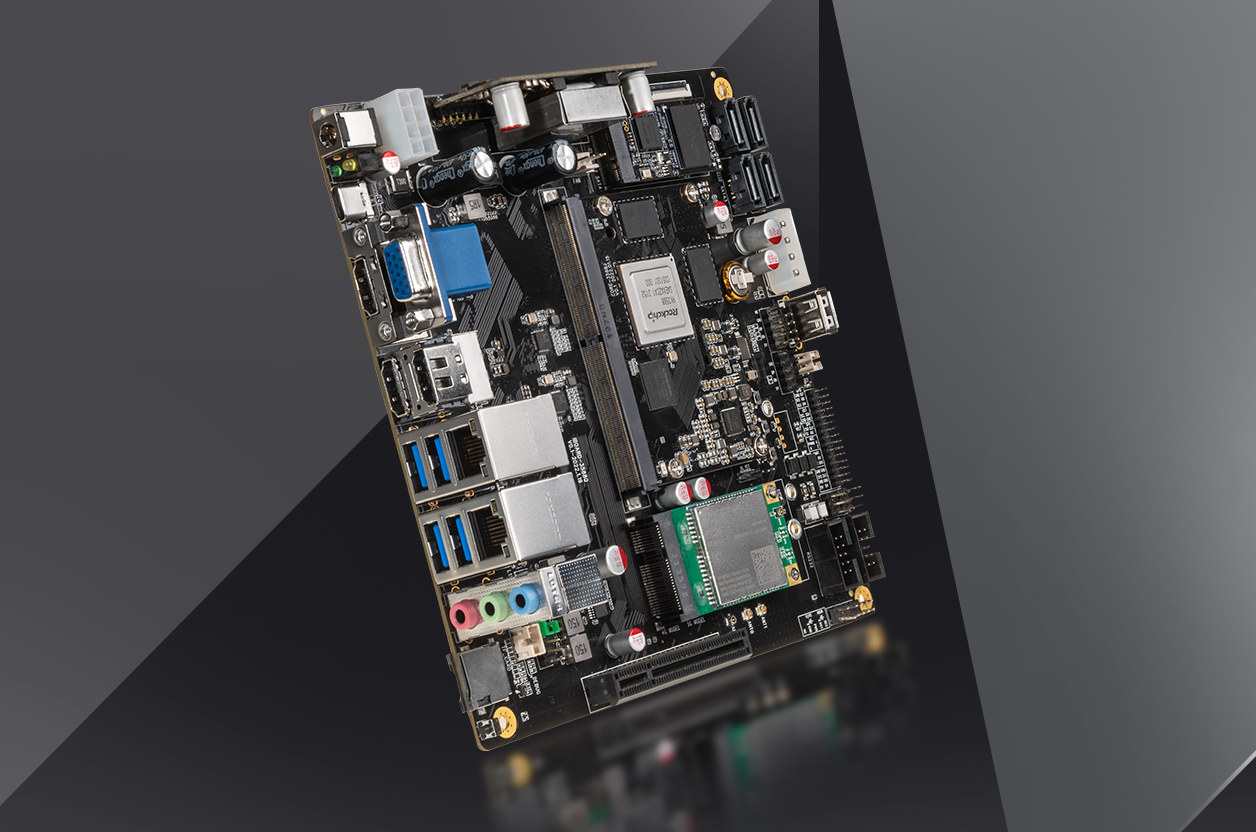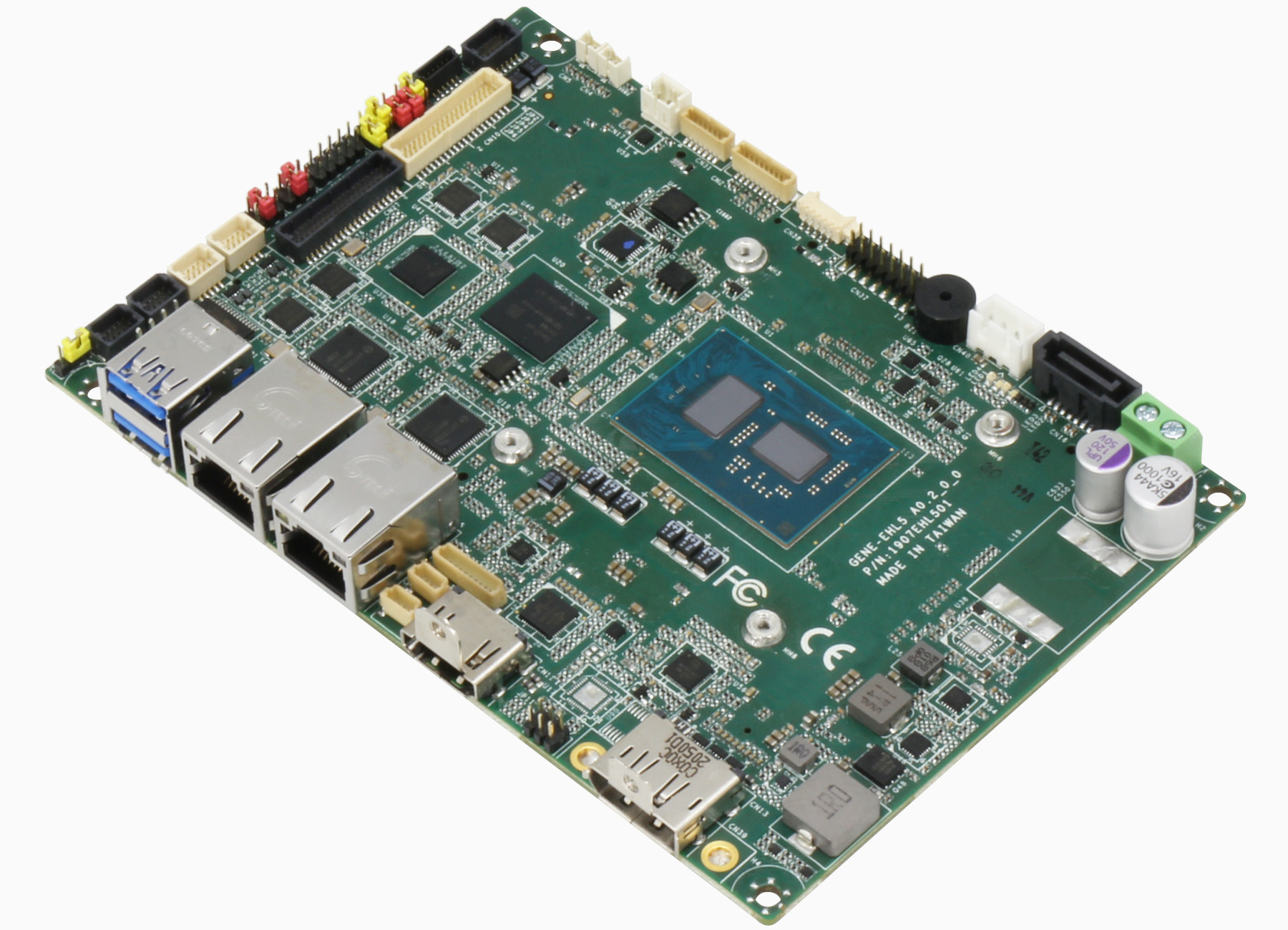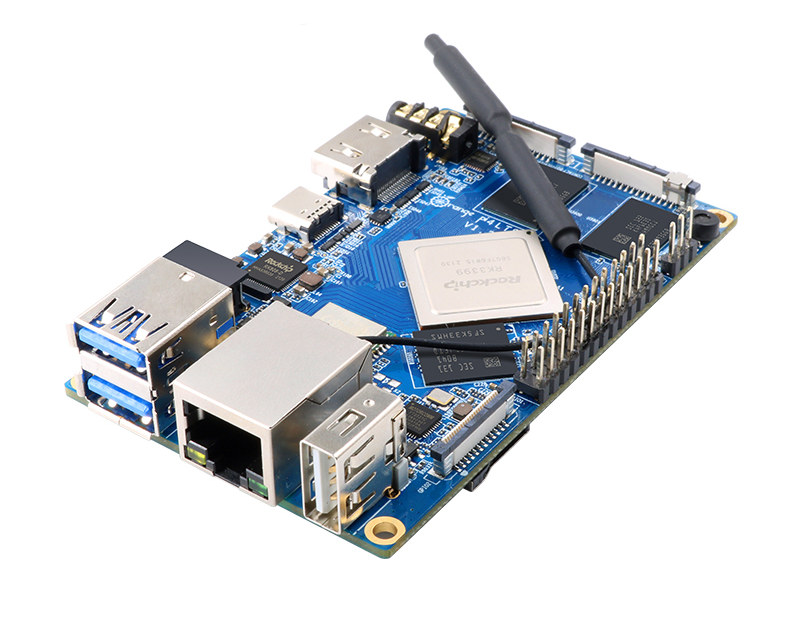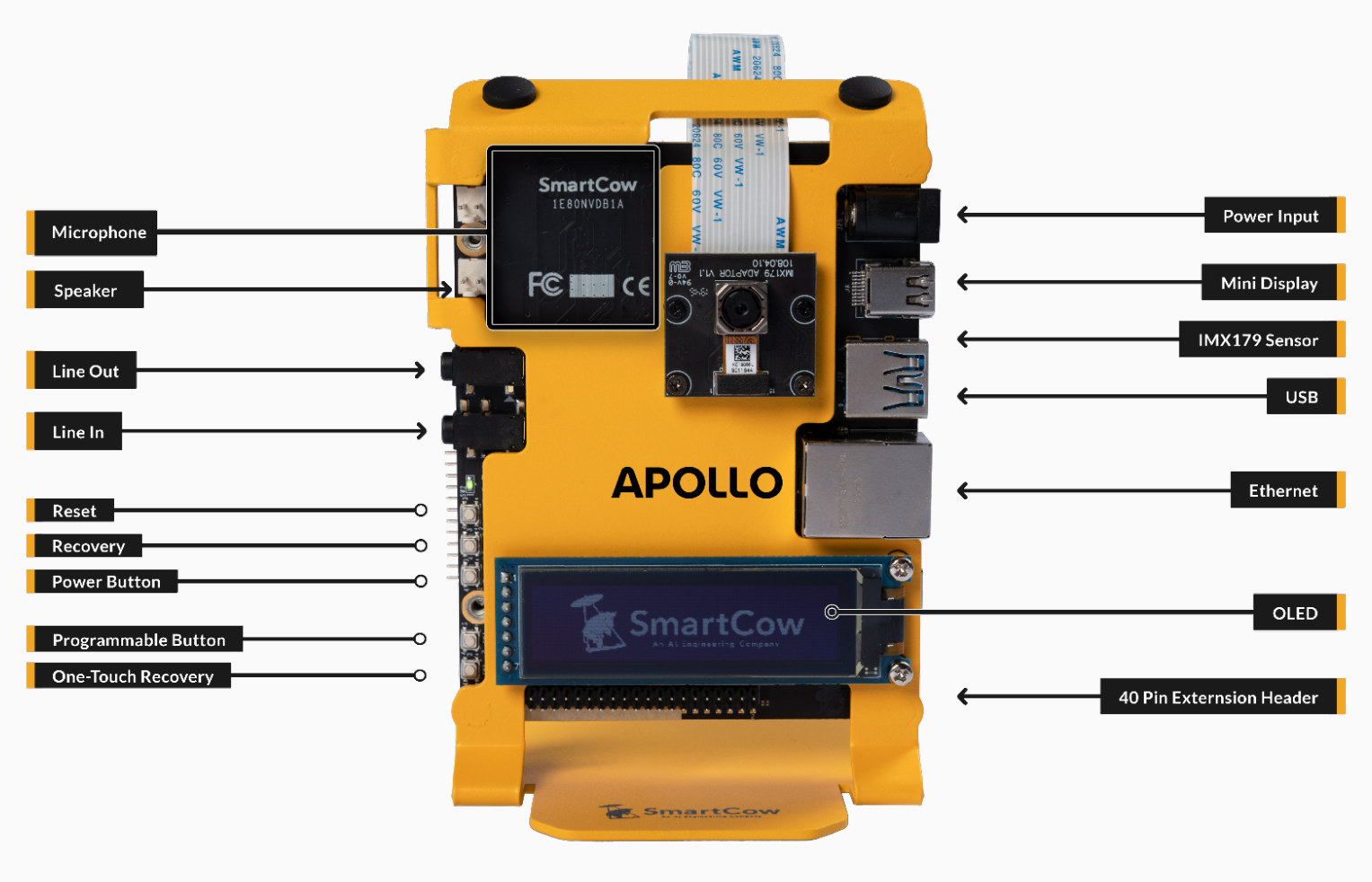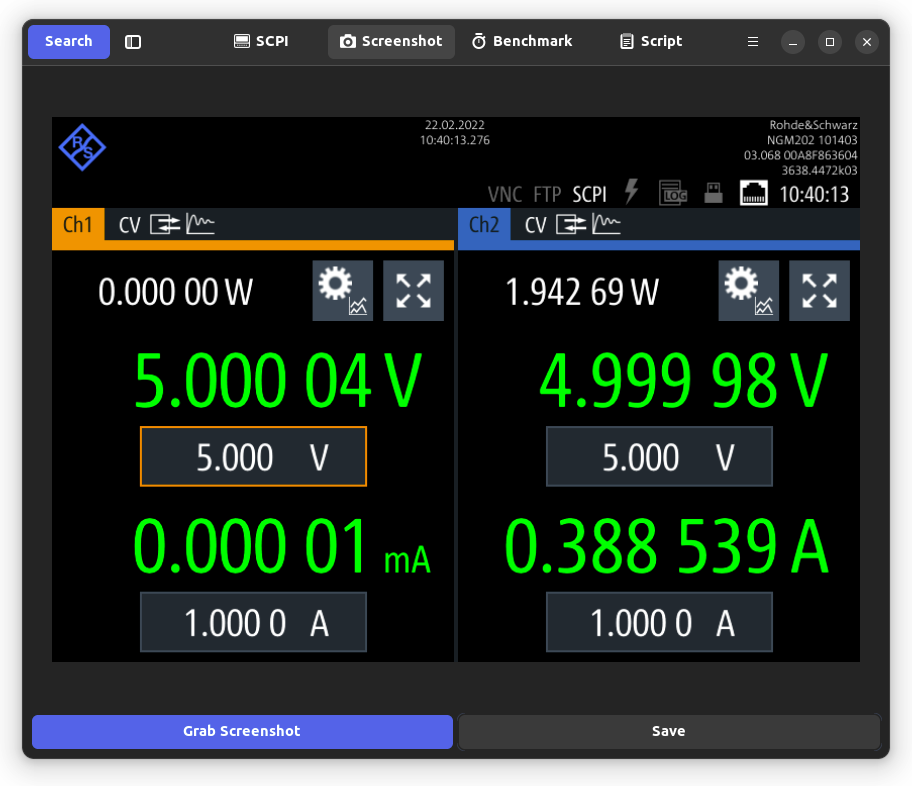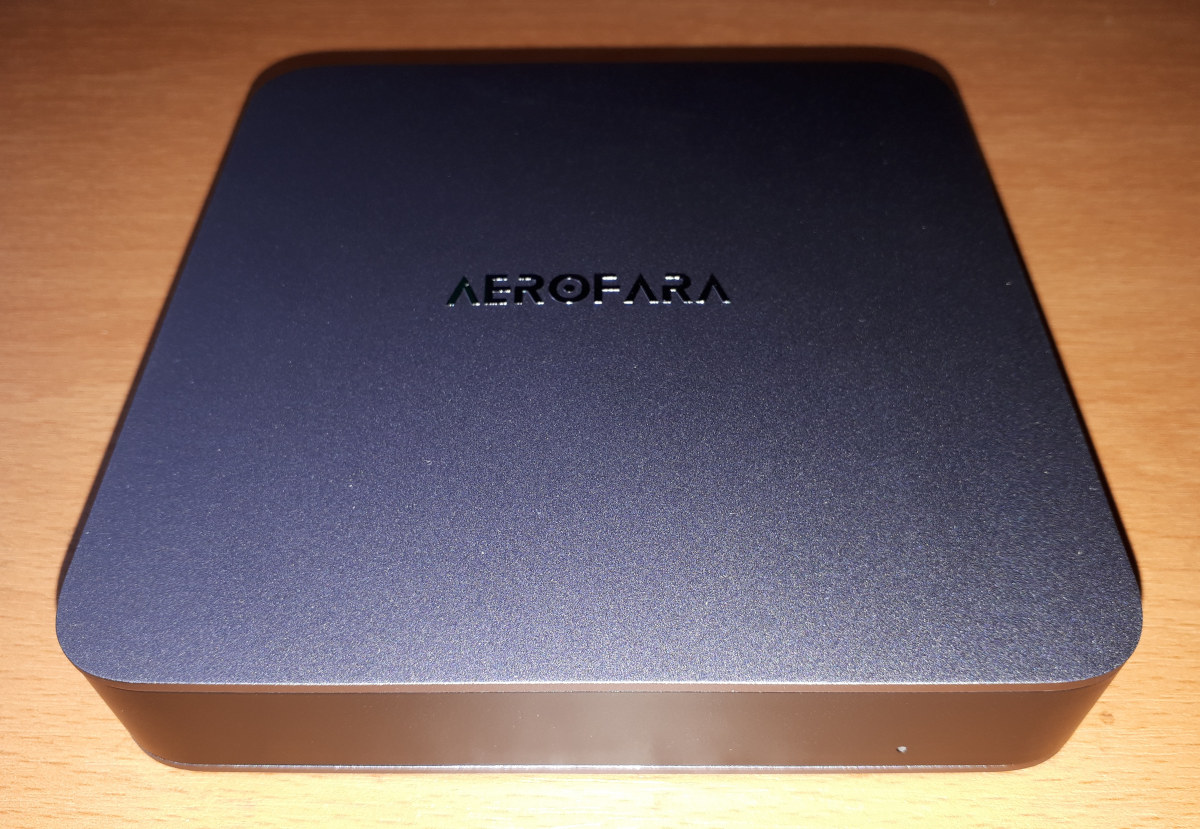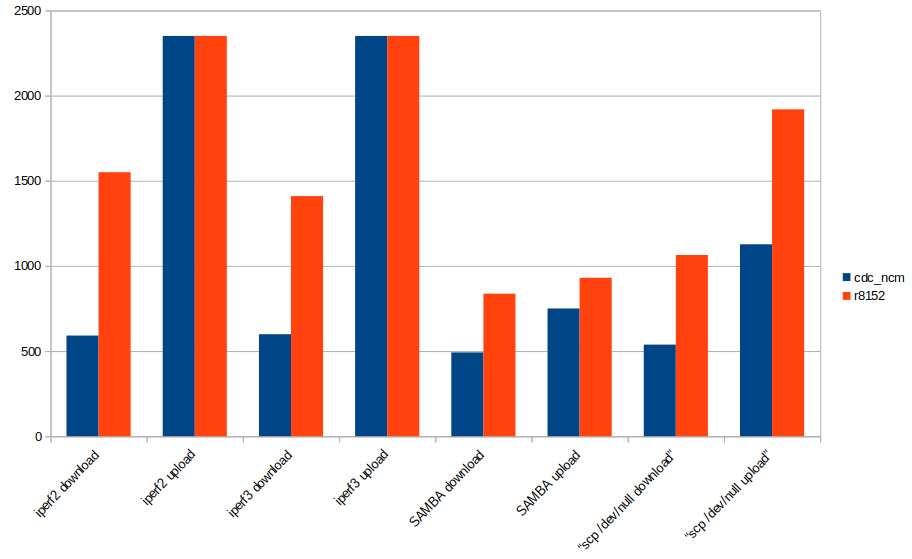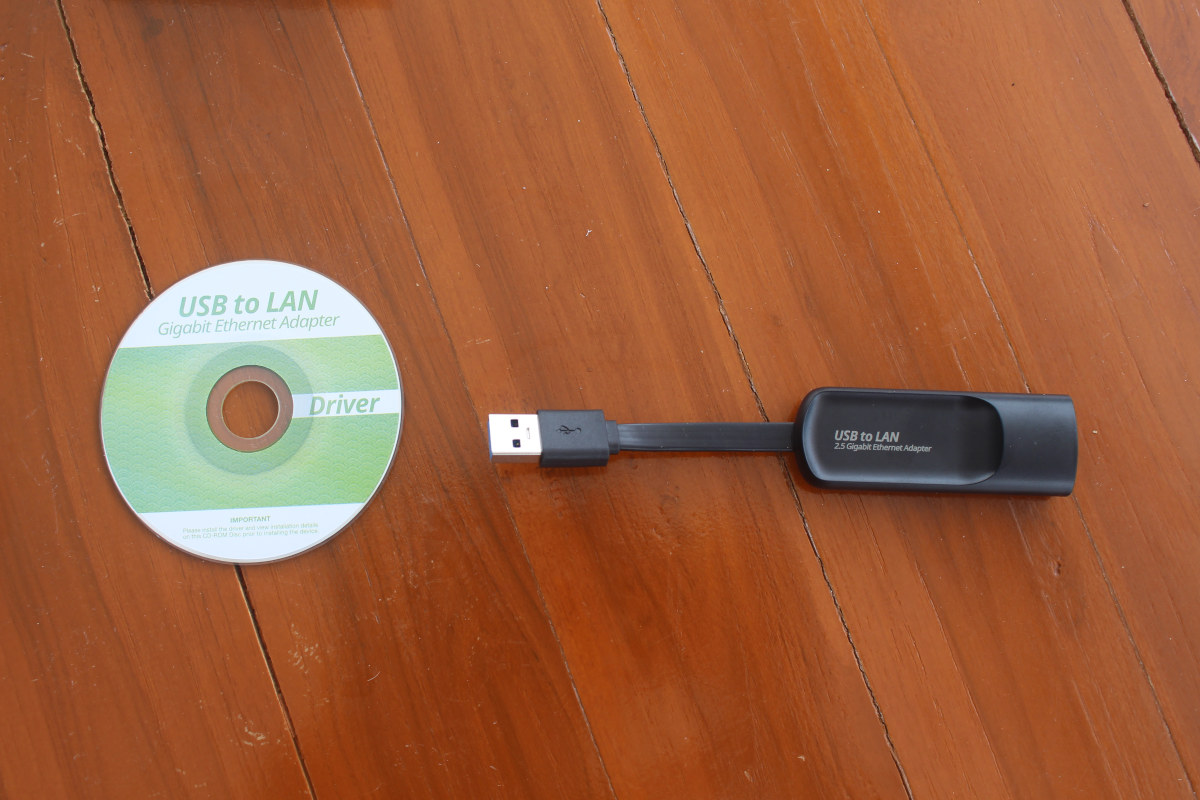After Radxa ROCK5 Pico-ITX SBC and Banana Pi RK3588 SoM and devkit, Firefly ITX3588J mini-ITX motherboard is the third hardware platform we’ve seen with Rockchip RK3588 octa-core Cortex-A76/A55 processor. The board will be interesting to people wanting an Arm PC or workstation as the mini-ITX form factor will allow the board to be fitted to a standard enclosure, and there’s plenty of resources and I/Os with up to 32GB RAM, four SATA ports, multiple 8K/4K video outputs and inputs, dual Gigabit Ethernet, WiFI 6 and Bluetooth 5.0, a PCIe 3.0 x4 slot, and more. Firefly ITX3588J mini-ITX motherboard specifications: SoC – Rockchip RK3588 octa-core processor with four Arm Cortex-A76 cores @ up to 2.4 GHz, four Arm Cortex-A55 cores, ArmMali-G610 MP4 quad-core GPU with support for OpenGL ES3.2, OpenCL 2.2, Vulkan1.1, 6 TOPS NPU, 48MP ISP, 8Kp60 video decoding, 8Kp30 video encoding System Memory – 4GB, 8GB, 16GB, or 32GB […]
3.5-inch Elkhart Lake SBC offers dual GbE, 4x M.2 sockets, 5G cellular support
AAEON GENE-EHL5 is a 3.5-inch Subcompact board based on Intel Atom x6000E Series, Pentium, and Celeron “Elkhart Lake” processors with four M.2 expansion slots for wireless connectivity (5G, WiFi, etc…) and NVMe modules, as well as two Gigabit Ethernet ports. The single board computer comes with one DDR4 SODIMM slot for up to 32GB IBECC memory, supports SATA and NVME storage, offers DisplayPort and HDMI, and eDP/LVDS video interface, as well as wide DC input from 9-36V, although there’s also a cost-down option for 12V DC input only. AAEON GENE-EHL5 specifications: Elkhart Lake SoC (one or the other) with Intel UHD graphics Intel Atom x6425RE quad-core processor @ 1.90 GHz; 12W TDP Intel Atom x6425E quad-core processor @ 2.00 GHz / 3.00 GHz (Turbo); 12W TDP Intel Atom x6211E dual-core processor @ 1.30 GHz / 3.00 GHz; 6W TDP Intel Pentium J6426 quad-core processor @ 2.00 GHz / 3.00 GHz; […]
$55+ Orange Pi 4 LTS SBC features YT8531C Ethernet PHY, CDW 20U5622-00 wireless module
Orange Pi 4 LTS is a cost-optimized (and availability-optimized) variant of the Rockchip RK3399 powered Orange Pi 4 single board computer that was introduced in 2019 with 4GB RAM for $49.90 and up. Shenzhen Xunlong Software mainly kept the same design with the cost savings involving a choice of 3GB or 4GB RAM, and the replacement of Realtek Ethernet PHY and Ampak wireless module with the equivalent MotorComm YT8531C Ethernet chip and CdTech wireless module with WiFi and Bluetooth 5.0 connectivity. Orange Pi 4 LTS specifications with changes highlighted in bold: SoC – Rockchip K3399 hexa-core big.LITTLE processor with two Arm Cortex A72 cores @ up to 1.8 GHz, four Cortex A53 cores, and an ARM Mali-T860 MP4 GPU System Memory – 3GB or 4GB LPDDR4 Storage – MicroSD card socket, optional 16 GB eMMC flash Video Output/Display Interface HDMI 2.0 up to 4K @ 60 Hz LCD connector for […]
SmartCow Apollo – A Jetson Xavier NX devkit for conversational AI, computer vision
SmartCow Apollo is an audio/video AI engineering kit based on NVIDIA Jetson Xavier NX computer module designed for applications with conversational AI capabilities, such as speaker recognition and sentiment analysis. But considering a camera is included, computer vision applications should also be possible. The development kit comes with a 128GB NVMe SSD, four microphones, two speaker terminals, two 3.5mm phone jacks, an 8MP camera module, and a 2.08-inch OLED display with everything housed in a frame that keeps the module and accessories like that camera upright. SmartCow Apollo specifications: NVIDIA Jetson Xavier NX system-on-module CPU – 6-core NVIDIA Carmel ARMv8.2 64-bit CPU with 6MB L2 and 4MB L3 cache GPU – NVIDIA Volta architecture with 384 NVIDIA CUDA cores and 48 Tensor cores Memory – 8 GB or 16GB 128-bit LPDDR4x Storage – 16 GB eMMC 5.1 flash Display 1x Mini DP port 7-pin SPI header for OLED display (included) […]
Open-source LXI Tools is made for “LAN eXtensions for Instrumentation” compliant test instruments
LXI Tools is an open-source project designed to manage Ethernet-connected test instruments such as oscilloscopes, power supplies, spectrum analyzers, etc… that are compliant with the “LAN eXtensions for Instrumentation” standard, or LXI for shorts, hence the name of the project. LXI Tools is available either as a command-line program (lxi) or a graphical user interface (lxi-gui), and includes features such as the automatic discovery of test instruments, sending SCPI (Standard Commands for Programmable Instruments) commands, grabbing screenshots from supported instruments, benchmarking SCPI message performance, and Lua scripting for test automation. The tool is compatible with higher-end instruments compatible with LXI from vendors such as Keysight Technologies, Kikusui Electronics, Rigol Technologies, Rohde & Schwarz, Siglent Technologies, and Tektronix. All support SCPI commands, while autodiscovery and screenshot functions are supported by most tested models. While it’s possible to build the project from source using meson, the easiest way to install LXI Tools […]
Aerofara Aero 2 Pro Review – A Celeron N5105 mini PC tested with Windows 11, Ubuntu 20.04
Aerofara’s Aero 2 Pro is an Intel Jasper Lake mini PC and one of the very few new mini PCs to include a VGA port. Aerofara kindly sent one for review and I’ve looked at performance running both Windows and Ubuntu. Aero 2 Pro Hardware Overview The Aero 2 Pro physically consists of a 120 x 120 x 23mm (4.72 x 4.72 x 0.91 inches) rectangular metal case with inset front and back plastic panels. As an actively cooled mini PC, it uses Intel’s 10 nm Jasper Lake N5105 processor which is a quad-core 4-thread 2.00 GHz Celeron processor boosting to 2.90 GHz with Intel’s UHD Graphics. The front panel is bereft of anything save a pinhole which is illuminated blue when the device is powered on. The rear panel includes the power jack, a USB 3.1 port, an HDMI port, an Ethernet port, a 3.5mm headphone jack, and a […]
Fixing performance issues with Realtek RTL8156B 2.5GbE USB dongle in Ubuntu
A few days ago, I reviewed a USB 3.0 to 2.5 Gbps Ethernet adapter based on Realtek RTL8156B chip in Ubuntu 20.04, and let’s say the reliability and performance were underwhelming. I got some recommendations like changing cables, the MTU size, etc… Playing around with cables did no help, but one comment mentioned the cdc_ncm driver could be the issue, followed by another saying that updating to Linux kernel 5.14 should install the correct r8152 driver… So I just did that:
|
1 |
sudo apt install linux-oem-20.04d |
This upgraded Linux 5.13 (shipped with Ubuntu 20.04 + HWE) to Linux 5.14, but still no luck as the system kept using the cdc_ncm driver with a half-duplex link:
|
1 2 3 4 5 6 7 8 9 10 11 12 13 |
jaufranc@cnx-laptop-4:~$ inxi -n Network: Device-1: Realtek RTL8111/8168/8411 PCI Express Gigabit Ethernet driver: r8169 IF: enp2s0f1 state: down mac: 98:28:a6:0f:06:07 Device-2: Qualcomm Atheros QCA9377 802.11ac Wireless Network Adapter driver: ath10k_pci IF: wlp3s0 state: up mac: 70:c9:4e:b7:84:77 Device-3: Realtek USB 10/100/1G/2.5G LAN type: USB driver: cdc_ncm IF: enx1cbfced40321 state: up speed: 2500 Mbps duplex: half mac: 1c:bf:ce:d4:03:21 jaufranc@cnx-laptop-4:~$ uname -a Linux cnx-laptop-4 5.14.0-1022-oem #24-Ubuntu SMP Mon Jan 31 16:00:31 UTC 2022 x86_64 x86_64 x86_64 GNU/Linux |
But then I thought I may have to use udev rules to prevent loading the cdc_ncm driver, and there’s indeed 50-usb-realtek-net.rules in r8152 driver to do just that. So I copied the file in /etc/udev/rules.d/ folder. Since I […]
USB 3.0 to 2.5Gbps Ethernet adapter review
Late last month, I received hardware to test 2.5GbE and WiFi 6 with namely a Radxa E25 SBC, Xiaomi AX6000 WiFi 6 router, and an 8-port TP-Link 2.5GbE switch. I intended to start testing 2.5GbE networking with UP Xtreme i11 mini PC and Radxa E25, but I thought it might be a good idea to get a USB 3.0 to 2.5Gbps Ethernet adapter just in case. I purchased a no-name dongle for under $15 (475 THB on Lazada) in Thailand, but a USB 3.0 dongle that looks exactly the same can also be purchased on Aliexpress with either a USB Type-A port or a USB Type-C port. There’s some issue with Radxa E25 (it won’t boot it), so I ended up testing the dongle with UP Xtreme i11 mini PC. USB 3.0 to 2.5Gbps Ethernet adapter unboxing The package, marked “USB to LAN Gigabit Ethernet Adapter”, has “USB 3.0” and […]


